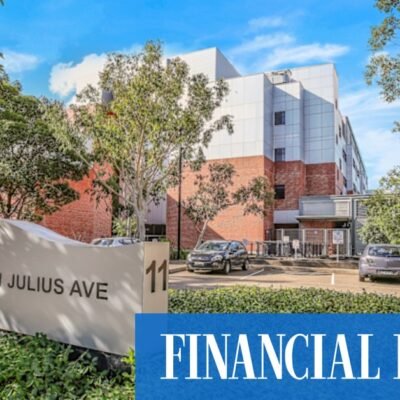One of the most surprising house price trends of 2024 has been the renewed sense of optimism. Notwithstanding the sustained high interest rates – with the first cut in four years finally being announced this month – and a challenging geopolitical environment, the property market has remained on course and is even showing signs of agility and growth, says Bradd Bendall, BetterBond’s National Head of Sales. Positive indicators such as this suggest that 2024 will end on a better note than it started.
According to data from BetterBond’s September Property Brief, there has been a significant 6.5% quarter-on-quarter increase in bond applications. “This has been driven in part by signs of growth under the government of national unity formed after the May elections and the lower-than-expected drop in inflation,” says Bendall. Other trends setting the tone for the remaining three months of the year include:
- Surge in demand for urban properties
Job seekers and students opt for residential opportunities closer to urban areas, explains Bendall. South Africa’s national urban development policy estimates that over 71% of the country’s population will live in urban areas within the next six years.” To accommodate the influx of people relocating from rural areas, there will be a growing demand for mixed-used precincts that offer live-work-play opportunities.
- Property demand leads to renewed buy-to-let property activity
Months of high interest rates have made it difficult for many to afford to buy their own home. As a result, the demand for rental accommodation has made buy-to-let property investments for those who do have the financial means a source of guaranteed passive income. Some parts of the country offer better returns on buy-to-let investments, says Bendall. The Western Cape remains a sought after rental market, with PayProp’s Q2 report for 2024 disclosing that rents in this province have increased by 9.7% year on year.
“Much of the demand for property is being driven by the semigration of people from other provinces seeking a better lifestyle or the comparatively better services and infrastructure which the Western Cape offers. The higher house prices and ongoing demand for properties affecting stock availability means that many of these semigrants have to rent homes while waiting for the market to be more responsive.” He adds that the latest Absa Homeowner Index showed a 6% increase in investor sentiment to 82% in the second quarter of the year – the highest result since 2021. “This shows that property investors see opportunities in the market.”
- Massive house price inflation in “popular” provinces
Semigration, as well the return of expatriates wanting to make the most of the favourable exchange rate, has seen a surge in demand for properties in some regions. BetterBond’s September Property Brief shows that average house prices in the Western Cape, Eastern Cape and Johannesburg’s North-Western suburbs have outperformed the other provinces. In the Western Cape, favoured for its stability and efficiency, as well as natural beauty, average house prices have increased by 16.4%. The Eastern Cape has shown similar success, with a 16.3% in house prices. In Johannesburg North-West, house prices have increased by 15.2%.
- Sustainable living
Sustainability is not a new trend, and it is not unusual for homes to have green features such as boreholes, solar options and energy-efficient fittings, says Bendall. “But, in 2024, sustainable living goes beyond fittings and fixtures to focus on providing environments that promote health and environmental well-being. This means incorporating eco-friendly building materials and designing living spaces with minimal ecological impact.” Artificial intelligence, smart home automation and renewable energy sources are among the technologies being used to make homes more sustainable. “Many of the mixed-use precincts coming into the market incorporate energy-efficient infrastructure, waste management innovation and AI-driven water monitoring systems.”
- Co-living spaces
With more people working remotely, we are seeing increased interest in co-living opportunities, says Bendall. “Millennials particularly see value in sharing living spaces where they can benefit from a communal environment while sharing housing costs and living expenses.” Co-living involves sharing communal spaces and amenities, and has many benefits such as shared security, opportunities to interact with others, and affordability. “Co-living is becoming more widespread internationally, as digital nomads, young professionals and even retirees make the most of the flexibility it offers. And we are starting to see it gather momentum in South Africa as well.”
Issued by: Aithne Molotsane





